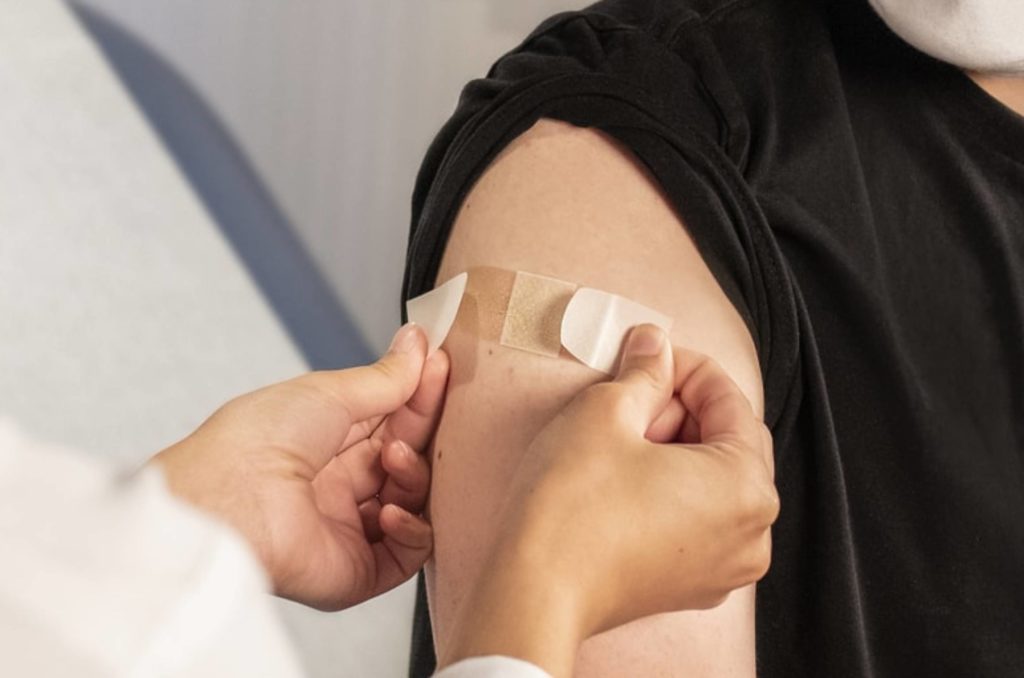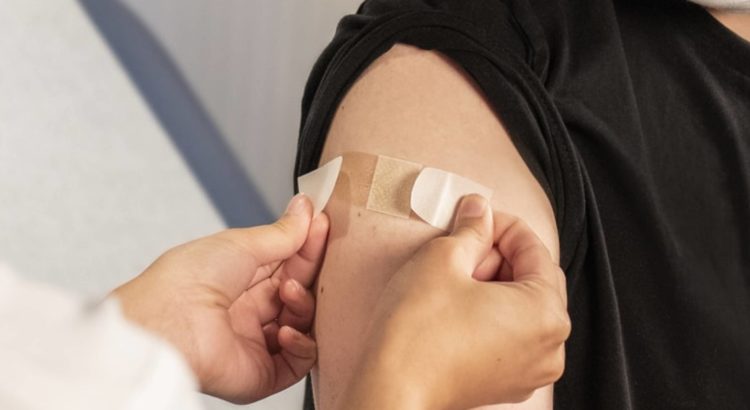
Despite the clear short term risks
On 18 July, the headline in the Telegraph read, ‘Children will only be vaccinated if vulnerable’ and parents and grandparents around the country heaved a collective sigh of relief. But in less than 24 hours, the new headline was, ‘All children could be vaccinated by end of year’ with comments about Pfizer obtaining authorisation for five to 11-year-olds in September and maybe even for two to five-year-olds later in the year.
The Joint Committee on Vaccination and Immunisation (JCVI), the board that advises UK health departments on vaccination programmes, mentions waiting for further data but it is hard to see how the data can get better. If you had a vaccine with an excellent short term safety profile, then waiting for long term data before vaccinating children would make absolute sense, but given the known short term risk of myocarditis, thrombotic complications and Guillain-Barré syndrome, it is hard to see how waiting for more information could change anything.
The JCVI press release describes the myocarditis risk as ‘extremely rare’ but this is not correct as the definition for ‘extremely’ in drug data sheets is <1/100,000. The risk for myocarditis has been reported at between 1/6000 (rare) from Israeli data or 1/22,000 (very rare) from the CDC. The BBC today listed the risks as ‘incredibly’ rare (which presumably means so rare that these complications are actually unbelievable) — but we continue seeing stories like this one of a young athlete now severely incapacitated.
The JCVI have recommended that the vaccine be offered to children at very high risk from COVID-19 yet they include in their list Trisomy 21, despite there having been not a single COVID-19 death in the whole year in someone with this condition. It is vital that parents still get all the information necessary for them to give fully informed consent before they make any decisions about their vulnerable children.
Equally perplexing was the inclusion by the JCVI of 17-year-olds within 3 months of their eighteenth birthday, but that became painfully clear at the press conference on 19 July, when it was announced that a double vaccination would be required to enter a nightclub. So if you want to go clubbing to celebrate your eighteenth birthday, you will need to get the first dose 3 months earlier. Is vaccination now a condition of entry to the adult world?
The JCVI has also published their deliberations for their guidance. Although this does not acknowledge any of the recent concerns about real-world efficacy apparently not living up to expectations, it does suggest a caution not previously seen, with a clear acknowledgement of the extremely low risks to children from COVID-19. It describes myocarditis as a ‘rare but serious’ adverse event which is in contrast to the ‘extremely rare’ label in their press release. They conclude, ‘the health benefits in this population are small, and the benefits to the wider population are highly uncertain. At this time, JCVI is of the view that the health benefits of universal vaccination in children and young people below the age of 18 years do not outweigh the potential risks.’ This accepts the point HART has repeatedly pressed, that adult protection is ethically achieved through adults protecting themselves, not by passing on the risks of vaccination to children.
The report acknowledges the significant disruption to education experienced over the last 18 months, stating that it would not be wise to add the further burden of a vaccination roll-out programme. HART applauds this clear statement and calls for an acknowledgement of the perverse role of routine testing of healthy school children combined with isolation of classroom contacts, as the real cause of this disruption.

